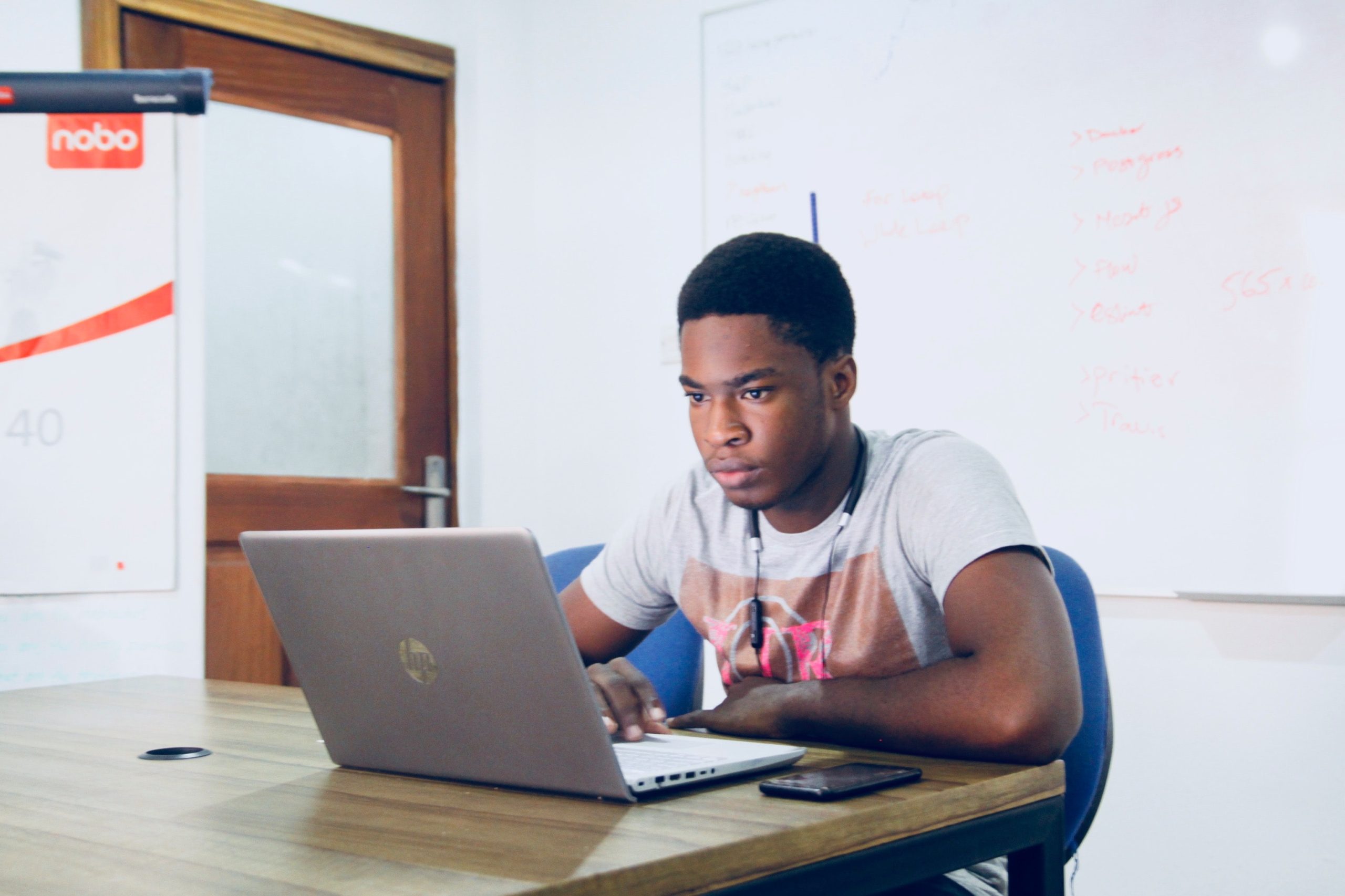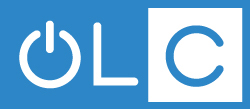
15 Mar Toolkit for Pandemic Pedagogies
Project Leader
Monique Earl-Lewis, Director of the Faculty Development Teaching and Advisor Center, Morehouse College, United States
Project Collaborators
John Okewole, Nigeria
Rich Powers, Germany
Clarissa West-White, United States
About the Project
Special needs services and schools are not there for many students, particularly in a time of crisis. This solution relates to what can be done in times of distress to support inclusivity within and across digital learning environments.
Part 1—Narrative Places
Story of Self
I consider my work in digital learning to be everything created using technology. It is inclusive of creative, research and student learning projects in the digital humanities and professional praxis. I was called to it as an undergraduate at Auburn when majoring in Communications BEFORE the introduction of computers in the undergraduate curriculum. I had my first iOS experience and fell in love with the magic of Apple technology.
Story of Us
Digital Learning is engaged in both my personal and professional life for the purposes of: (a) staying connected to my family who are all Apple users; (b) introducing faculty to creative ways to improve learner engagement and achieve SLOs; (c) introducing students to coding and creativity; and (4) introducing first-year students to the Digital Humanities.
Story of Now
The local challenge I encounter related to my work in digital learning is institutional bureaucracy.
Part 2—Living Framework
Situate Story
Having equipment I cannot put into the hands of faculty and students because it is not high on the institutional priority list.
Define Story
Who are the local actors in this story?
- Institutional Technology
- Academic Affairs/Office of the Provost
- Faculty
- Students
Who are the global actors in this story?
- External Funders
- External Digital Learning Community Partners
What desirable actions do these local/global actors maintain?
- Providing resources to support digital learning
What undesirable actions do these local/global actors maintain?
- Not understanding the constraints within the institutional ecosystem to achieve goals
- Not providing resources to support digital learning
How are these actions significant in local contexts?
- Unhealthy tension and stress navigating internal implementation and external reporting
How are these actions significant in global contexts?
- Inaccurate perceptions of the progress and implementation barriers for local actions
What motivates you to address these actions?
- High task commitment; a vision of what is possible; being trained as a change agent
Why is new action necessary among the systems you define?
- It is needed because current actions impede/stop positive transformations in learning.
Reimagine Story
New Action Example 1
What new action might you take to address this challenge?
- Expanded faculty network to engage short-term projects/inquiries across shared interests
How might this action prove significant in your local context?
- It may help to create a practical mass of interest and support for more digital learning.
How might this action prove significant in the global context?
- Increased diversity of praxis in digital learning for faculty and students.
What motivates you to undertake this action?
- I love teaching, faculty development and am truly a life-long learner.
How can global collaboration support this action?
- Personally, it will keep me engaged and foster my own professional development.
- Professionally, it will allow me to develop inter/trans-disciplinary collaboration to invite participation from my faculty colleagues.
What resources do you need in order to act?
- Stipends to offer faculty for engaging digital learning and completing course redesign that can serve as models for “how to” incorporate technology to facilitate learning.
New Action Example 2
What new action might you take to address this challenge?
- Introduce new/different technologies as options for creative expression to demonstrate learning and achievement of learning outcomes.
How might this action prove significant in your local context?
- Students will become more self-directed. interdisciplinary and creative, critical thinkers.
How might this action prove significant in the global context?
- Students will see themselves and be seen as transformational leaders in global learning across disciplines and change the narrative about African American males.
What motivates you to undertake this action?
- Personally, it will keep me engaged and foster my own professional development.
- Professionally, it will allow me to develop inter/trans-disciplinary collaboration to invite participation from my faculty colleagues.
- The hope and opportunity to use my education to reduce the racism, sexism and oppression that has been embedded in most educational systems by shifting the narrative of how “the other” is perceived (written and visually) in our global society.
How can global collaboration support this action?
- Global collaboration allows me to connect with other individuals, both professionally and personally, who share the same values and similar challenges in both higher education and the communities in which we live, work and serve.
What resources do you need in order to act?
- Opportunities like this…to connect with colleagues who are interested and/or responsible for navigating the complexities of working with and supporting the challenges of transforming both individuals and institutions through digital learning.
New Action Example 3
What new action might you take to address this challenge?
- Focus on opportunities to share success stories (big and small) to demonstrate the need (the WHY) for increasing digital learning to develop global professional competencies.
How might this action prove significant in your local context?
- Institutional leaders like having public celebrations and positive press to share.
How might this action prove significant in the global context?
- Sometimes change begins from the outside in…positive press and recognition often influences decisions, a shift in task priorities, and institutional support for initiatives.
What motivates you to undertake this action?
- Personally, it will keep me engaged and foster my own professional development.
- Professionally, it will allow me to develop inter/trans-disciplinary collaboration to invite participation from my faculty colleagues.
- Again, I am a life-long learner and a change agent.
How can global collaboration support this action?
- Working with, learning from colleagues and sharing models of exemplary and practical models that can be implemented as digital learning strategies to increase learner engagement, student success, retention and degree completion.
What resources do you need in order to act?
- Opportunities like this…to connect with colleagues who are interested and/or responsible for navigating the complexities of working with and supporting the challenges of transforming both individuals and institutions through digital learning.
- FUNDING: Stipends to offer faculty for engaging digital learning and completing course redesign that can serve as models for “how to” incorporate technology to facilitate learning.
What one new action are you inspired to pursue?
- Identifying a global partner to pursue a collaborative interdisciplinary digital learning project.
Part 3—Antenarrative Inquiry
SDGs Connected
Goal 17: Partnerships for the Goals
Craft
- How might new action bring about the aspirational vision of the world as contextualized by this SDG?
Institutions have a significantly high external locus of control. By engaging external partners to reimagine education and communities can result in students developing the core professional competencies and soft skills needed to be industry ready and globally competitive. Additionally, it can challenge faculty to “bring theory to practice” as part of the learning spaces while developing greater understanding of how to prepare students beyond conceptual knowledge to real-world application.
- Who will be responsible?
The entire pipeline of the institutional system is responsible for preparing students to be critical thinkers, creative problem-solvers and contributors to addressing, reducing and/or eliminating the SDGs as a result of the privilege of their education. Greater alignment of the curricular (academic) and co-curricular (student affairs) units in partnership with industry leaders can work to address aspects of each of the SDG challenges presented.
- What opportunities exist for collaboration?
Opportunities for transdisciplinary collaboration exist across the curriculum. Central to a liberal arts education is the goal is to produce ethical servant leaders seeking to provide creative solutions through professional practice to ensure a just world.
- Who will be affected?
The institution, its members and the community.
- Who will maintain the action?
Institutionalizing the actions created by the partnerships as part of the academic program, holistic learning experience and formal education of students will ensure continuity of practice.
- What may success look like?
- Students having the opportunity to participate in developing real world solutions to global problems while learning.
- Faculty within their disciplines redesigning the learner engagement experience in partnership with industry leaders. Examples: developing case studies, incorporating social problem analysis, service-learning, etc.
- Institutions seeking global partnerships to participate in applied learning experiences to address the SDGs and contribute to collective problem-solving.
- What may impede success?
- Resistance to transforming the academy from traditional models of learning.
- Unwillingness to value collaboration as a strategic advantage.
- Inability to view the SDGs as a threat to local communities.
- How will you collect feedback?
- Focus Groups
- Interviews
- Questionnaires/Surveys
- Survey Digital and Social Media
- What ongoing resources are needed?
- Funding for research, training, scholarships/internships, technology, etc.
- If desirable, how may new action be sustained?
- Students participating in domestic and global study abroad to apply academic knowledge with industry and academic leaders to develop real world solutions to global problems (SDGs).
- Faculty across disciplines redesigning the learner engagement experience annually in partnership with industry leaders.
- Global institutional-industry partnerships to address the SDGs by blending theory with practice.
Craft (cont.)
What is the optimal artifact (given time, constraints, resources, etc) that you can develop in support of this action?
- A Think-to- Action-Incubator: to explore the “HOW” of transforming education to critically examine the SDGs from interdisciplinary lenses in partnership with industry leaders and students to propose new ways of “being” and “doing”.



No Comments